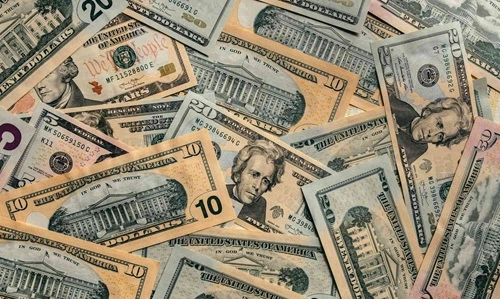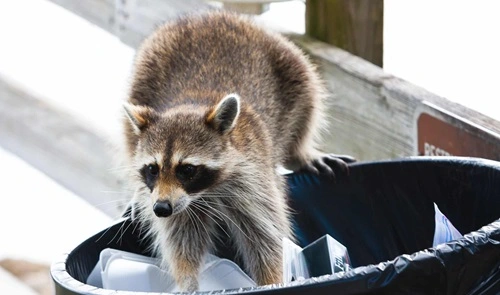No, it is not universally illegal to feed squirrels in the United States, but many local jurisdictions, parks, and wildlife agencies have regulations that restrict or prohibit feeding squirrels. These restrictions often aim to protect public safety, prevent property damage, and ensure the well-being of wildlife. Violating these rules can lead to fines or penalties depending on the location.
Why Feeding Squirrels May Be Restricted?
1. Wildlife Welfare Concerns
- Feeding squirrels can disrupt their natural foraging behavior, leading to dependence on human-provided food.
- Common foods offered to squirrels, like bread or processed snacks, are unhealthy and can cause malnutrition or other health issues.
2. Environmental Impact
- Overfeeding can attract large groups of squirrels, leading to overpopulation and increased competition for resources.
- Excess food may attract pests like rats, which can spread disease or damage property.
3. Public Safety Risks
- Squirrels accustomed to being fed by humans may become aggressive or lose their natural fear of people, increasing the risk of bites or scratches.
- In urban or residential areas, feeding squirrels can lead to property damage, such as chewing on electrical wires, roofs, or garden plants.
4. Legal Protections for Wildlife
- Squirrels in certain areas, especially parks or nature reserves, may be protected under local regulations or state laws. Feeding wildlife in these zones is often prohibited to maintain ecological balance.
Where Feeding Squirrels Is Prohibited
1. Local Ordinances
Many cities and counties have laws restricting the feeding of wildlife, including squirrels. For example:
- In New York City, feeding wildlife in parks is prohibited and can result in fines.
- In San Francisco, feeding squirrels in public parks is banned to prevent overpopulation and health risks.
2. State Parks and Wildlife Areas
Feeding wildlife, including squirrels, is generally prohibited in state and national parks. These rules aim to preserve the natural behavior of animals and minimize human-wildlife conflicts.
3. Homeowners’ Associations (HOAs)
Some residential communities and HOAs may restrict feeding squirrels to prevent property damage or nuisance complaints.
Legal Consequences of Feeding Squirrels Illegally
1. Fines: Violating wildlife feeding restrictions can result in fines ranging from $50 to $300, depending on the jurisdiction. Repeat offenses may lead to higher penalties.
2. Community Penalties: Violators in residential communities may face additional sanctions, such as HOA fines or restrictions on property use.
3. Public Safety Liability: If feeding squirrels leads to property damage or injury to another person, the feeder may be held liable for damages or medical costs.
Responsible Ways to Interact with Squirrels
1. Provide Natural Food Sources: If feeding squirrels is allowed, offer natural foods like unsalted nuts (e.g., walnuts, pecans) or fresh fruits and vegetables. Avoid processed or sugary snacks.
2. Use Squirrel Feeders: Install a squirrel feeder away from your home or garden to minimize potential property damage. Ensure that feeding is moderate and does not attract other pests.
3. Follow Local Guidelines: Always check local ordinances and park regulations before feeding squirrels to avoid legal issues.
4. Encourage Natural Foraging: Plant trees or shrubs that produce nuts or berries, encouraging squirrels to forage naturally instead of relying on human-provided food.
In summary, feeding squirrels is not inherently illegal, but many local governments and wildlife agencies restrict or ban the practice to protect public safety, wildlife health, and the environment. Before feeding squirrels, check local regulations and follow responsible feeding practices to avoid legal issues and support the well-being of these animals.
Related FAQs
Q1. Can I feed squirrels in my backyard?
Ans: Yes, in most areas, feeding squirrels on private property is allowed unless there are specific HOA rules or local ordinances prohibiting it. Always check your local regulations.
Q2. Why is feeding squirrels discouraged in parks?
Ans: Feeding squirrels in parks can lead to overpopulation, aggressive behavior, and disruption of the natural ecosystem. Parks often ban feeding wildlife to preserve ecological balance.
Q3. What happens if I get caught feeding squirrels in a prohibited area?
Ans: You may receive a fine or warning from park officials or local authorities. Repeat violations could result in higher fines or community penalties.
Q4. What foods are safe to feed squirrels?
Ans: If permitted, offer unsalted nuts, seeds, fruits, or vegetables. Avoid bread, processed foods, and sugary snacks, which can harm their health.
Q5. How can I stop squirrels from becoming a nuisance?
Ans: Avoid feeding them directly, secure your trash bins, and use squirrel-proof barriers for bird feeders or gardens.

